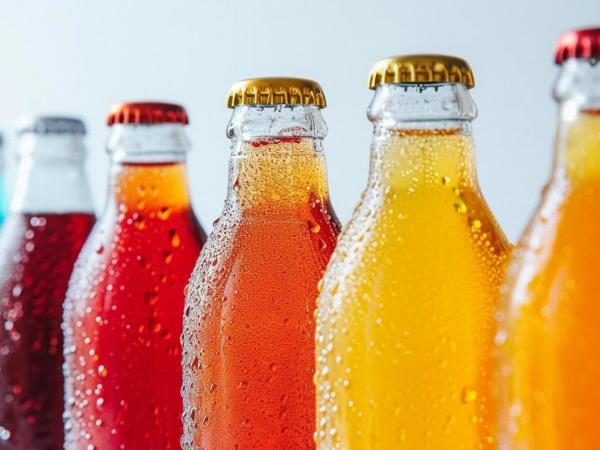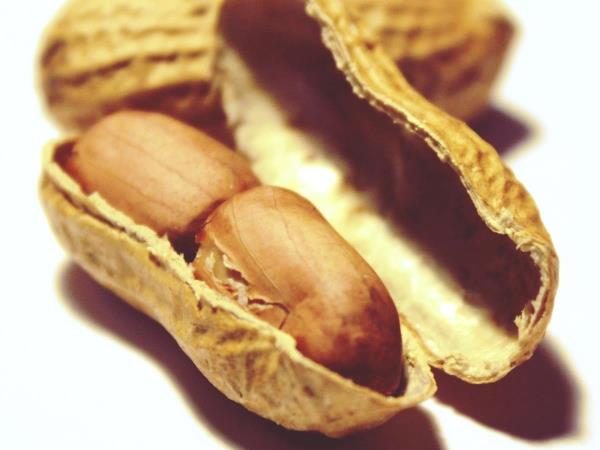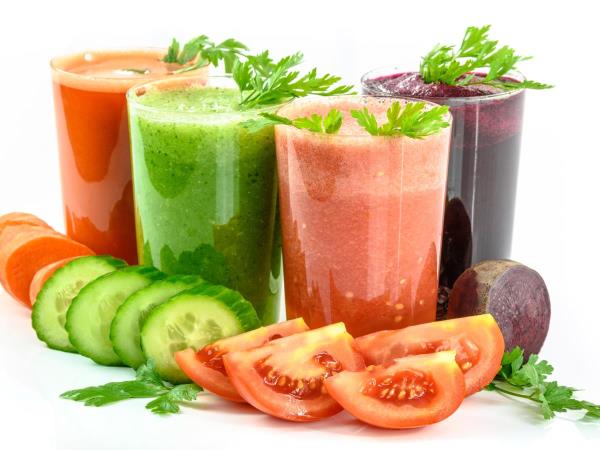 1. Fat-free foods
1. Fat-free foodsWhen we see the label "fat-free" on packaging, we often assume the product is healthier. However, manufacturers often replace fats with additional sugars, starches, and artificial additives to maintain the taste and texture of the product.
For example, fat-free yogurts may contain more sugar than their full-fat counterparts. Excessive sugar intake is associated with increased risks of obesity, type 2 diabetes, and heart diseases.
 2. Diet sodas
2. Diet sodas Diet sodas with zero calories seem like an excellent alternative to sugary drinks. However, they contain artificial sweeteners, such as aspartame, which can impact our health.
Studies have shown that regular consumption of diet sodas increases the risk of metabolic disorders, such as insulin resistance and weight gain.
Additionally, artificial sweeteners can affect our appetite as they do not satisfy the brain's craving for sweetness, leading to increased food cravings and, consequently, overeating.
 3. Peanuts
3. Peanuts Peanuts are a rich source of proteins and healthy fats, but they also contain high levels of omega-6 fatty acids. Although omega-6 fatty acids are essential, an excessive ratio of omega-6 to omega-3 fatty acids in the
diet can contribute to inflammatory processes in the body.
Therefore, it is important to maintain a balance of omega-6 and omega-3 fatty acids in the diet, for example, by consuming fatty fish, flaxseeds, and nuts rich in omega-3.
 4. Margarine
4. Margarine Margarine has long been promoted as a healthy alternative to butter due to its lower saturated fat content. However, many margarines contain trans fats that are formed during the industrial process of hydrogenation.
Trans fats are associated with an increased risk of cardiovascular diseases as they raise bad LDL cholesterol levels and lower good HDL cholesterol.
When choosing margarine, it is advisable to opt for soft versions without trans fats and low levels of saturated fats.
 5. Vegetable juices
5. Vegetable juices Vegetable juices are often advertised as a healthy way to increase vegetable intake. However, many commercial vegetable juices contain high amounts of sodium (salt), which can contribute to elevated blood pressure and an increased risk of cardiovascular diseases.
For instance, one serving (240 ml) of popular vegetable juice can contain up to 640 mg of sodium, representing approximately 28% of the recommended daily intake.
Instead of juices, it is better to consume fresh or cooked vegetables, which, in addition to vitamins and minerals, also contain dietary fibers important for digestion and blood sugar regulation.
Remember...
When choosing foods, it is important not to blindly trust marketing claims on packaging. Labels like "fat-free," "diet," or "healthy" do not necessarily mean that the product is beneficial to our health. It is important to read the ingredient list and avoid products with added sugars, artificial sweeteners, trans fats, and high sodium content.
Instead, focus on whole foods such as fresh fruits and vegetables, whole grains, nuts, seeds, and quality proteins. This way, you will contribute to better health and well-being.









 Would you like to be informed about news on the website?
Would you like to be informed about news on the website?

